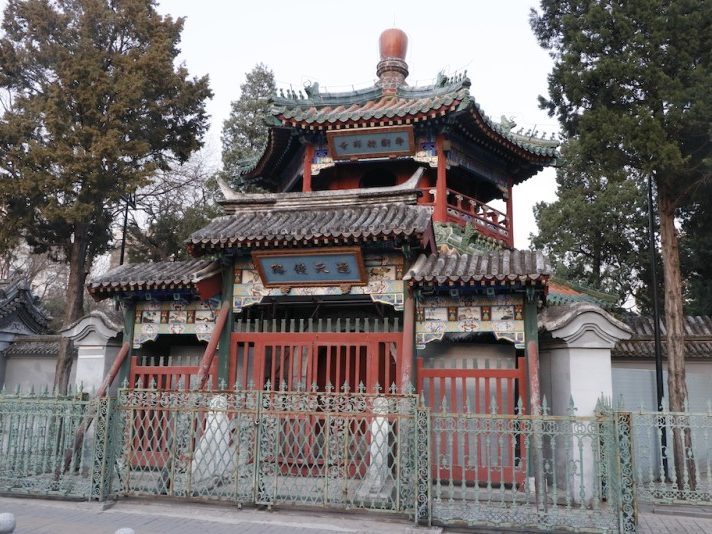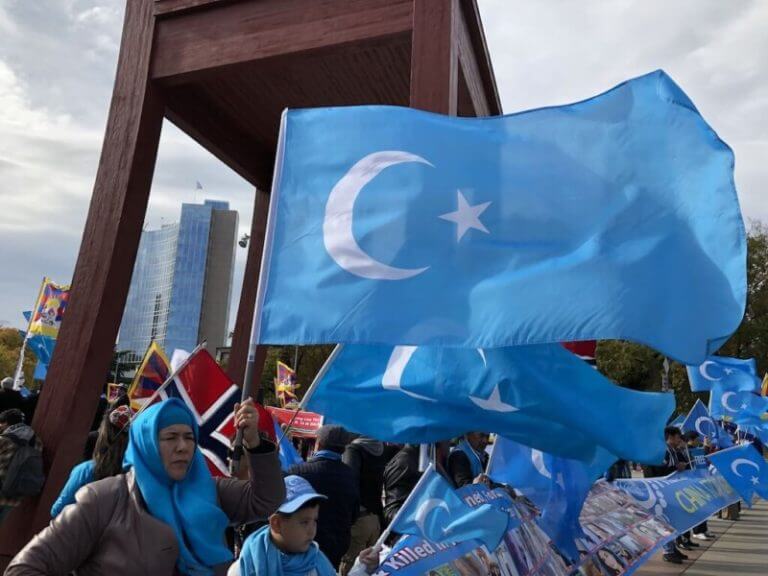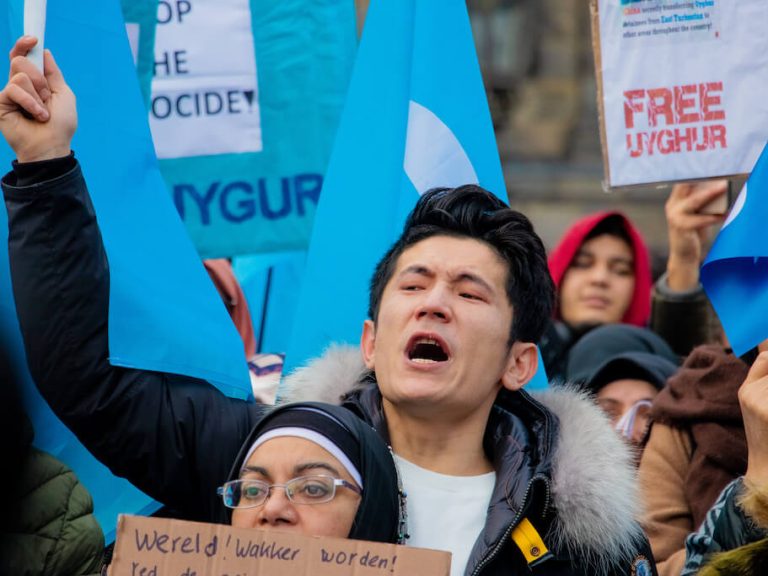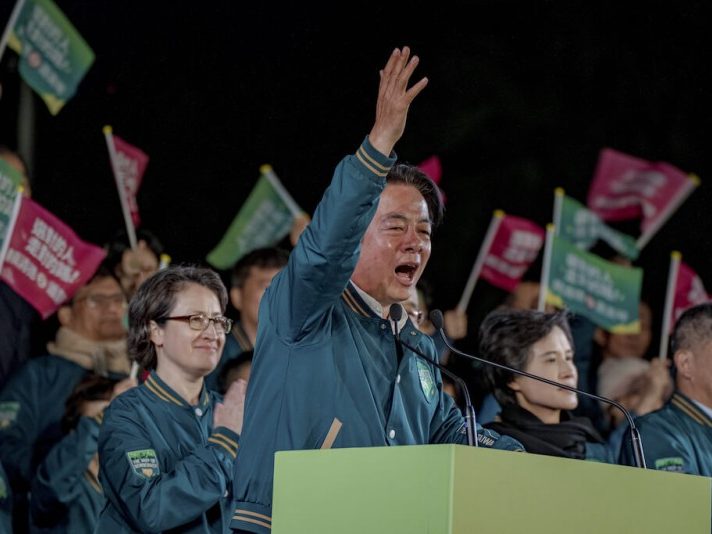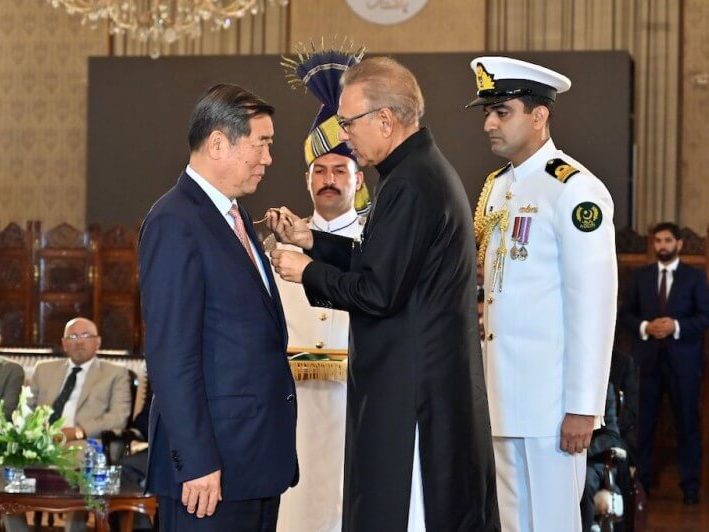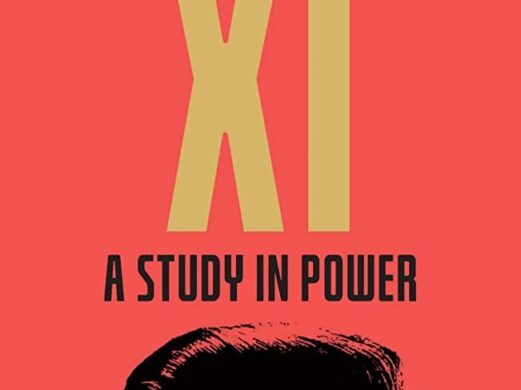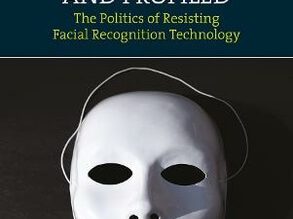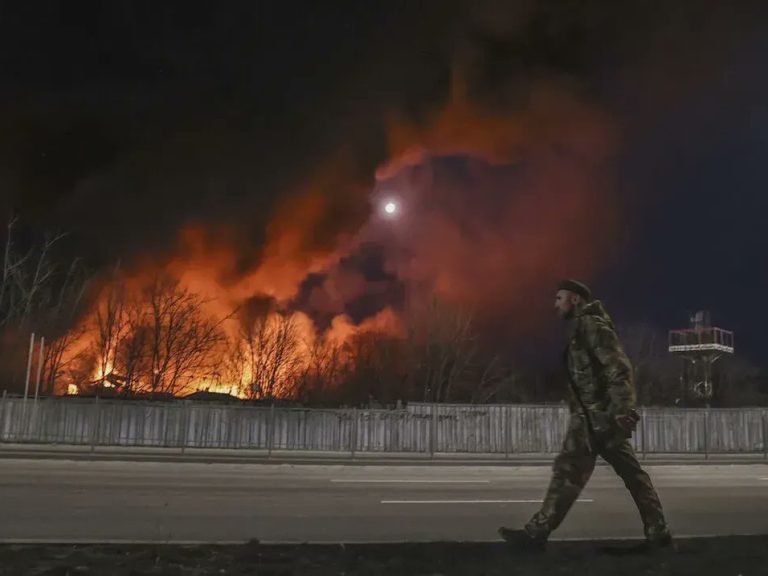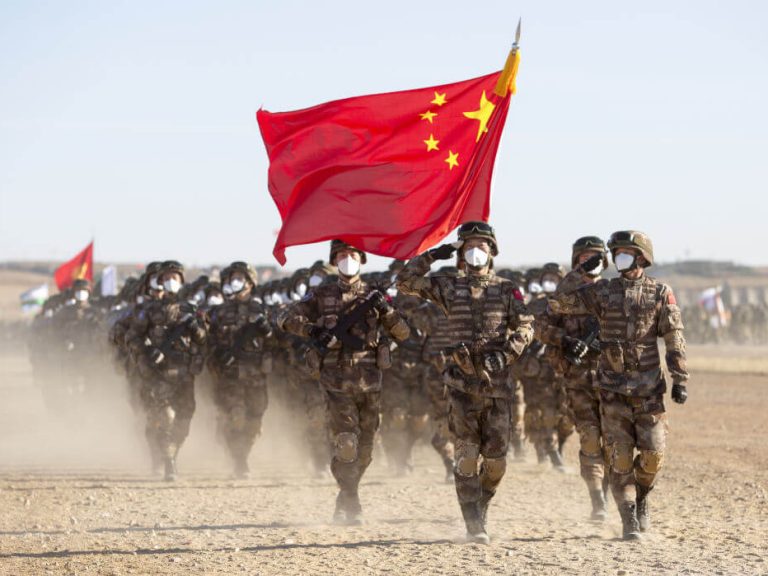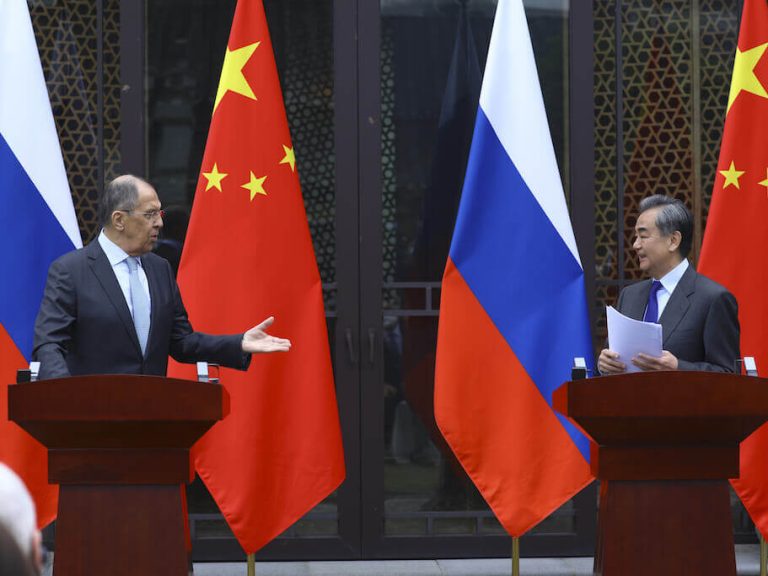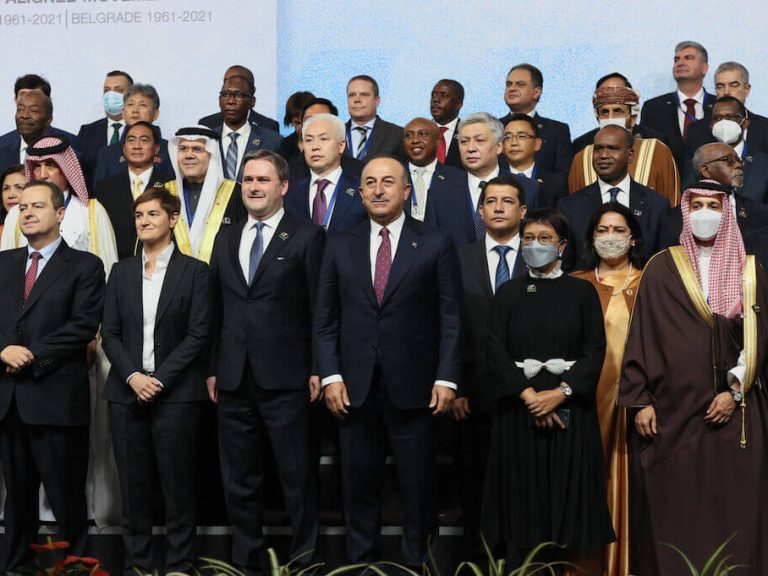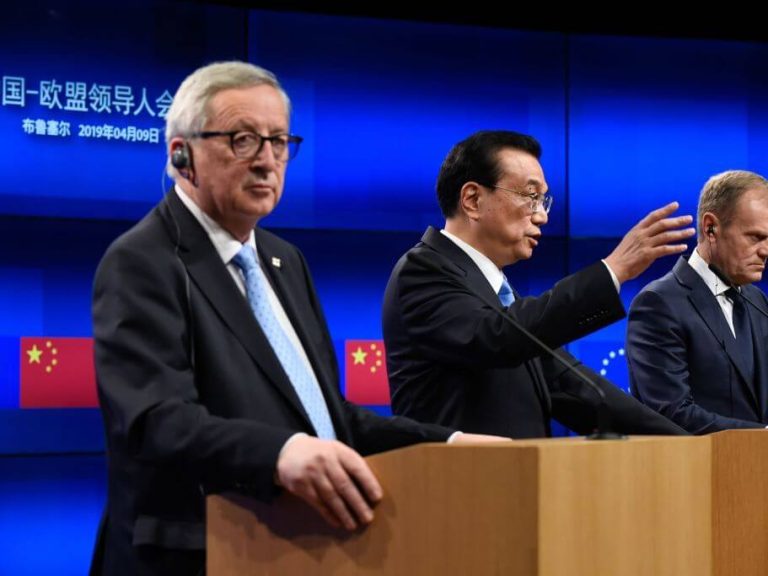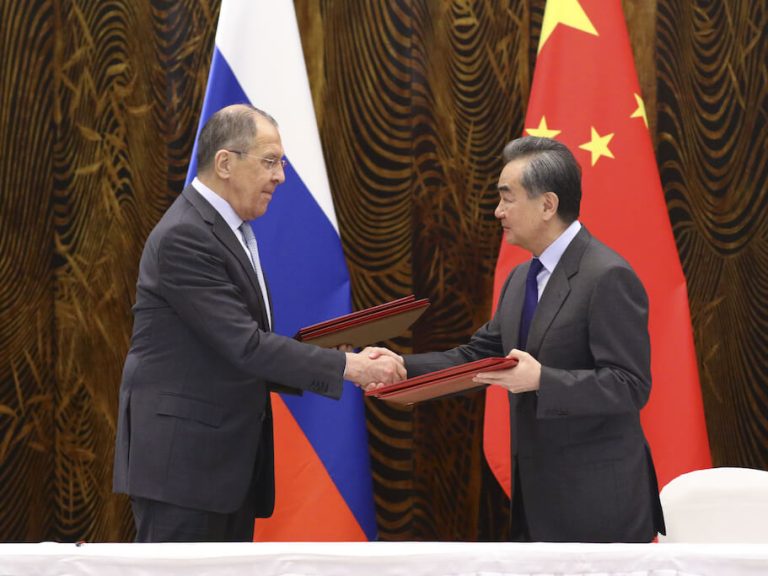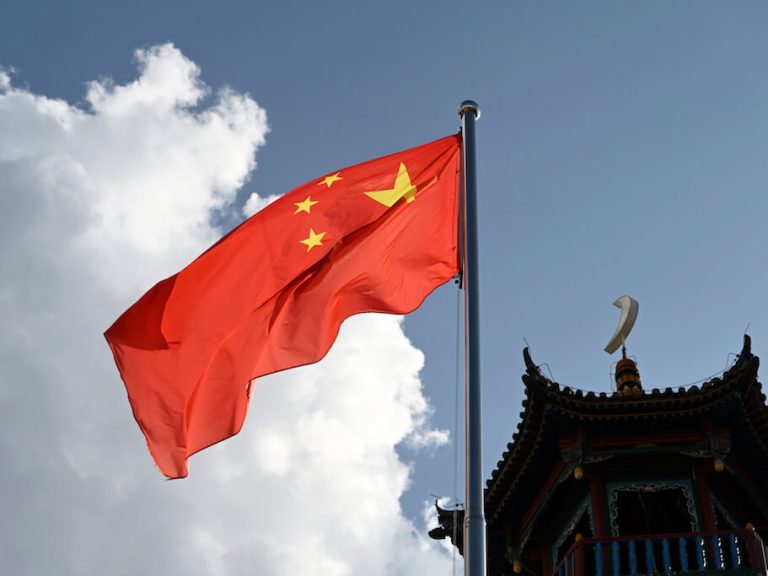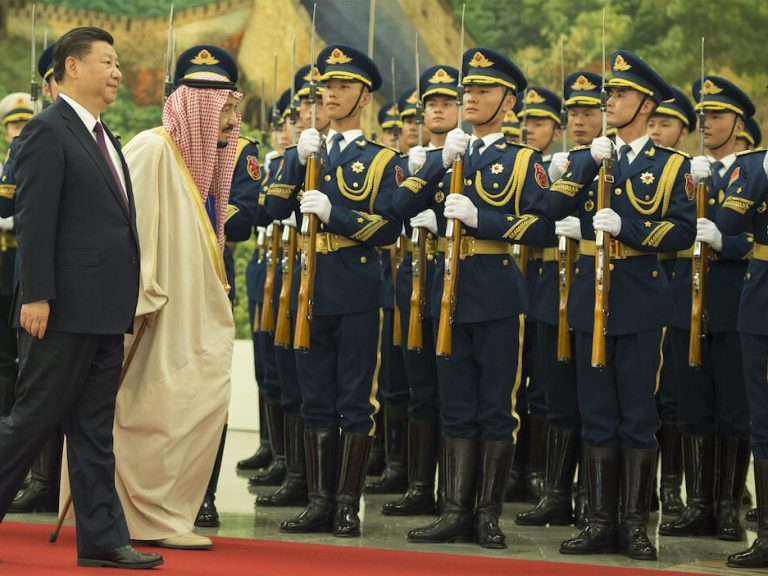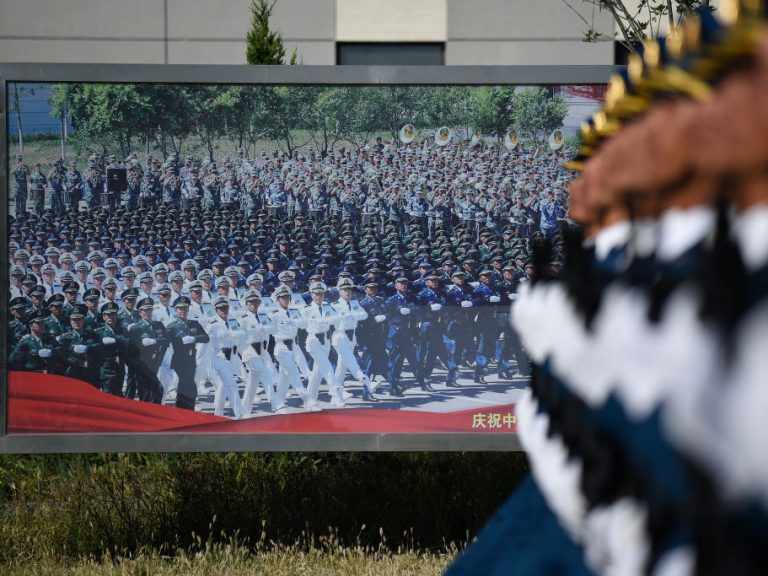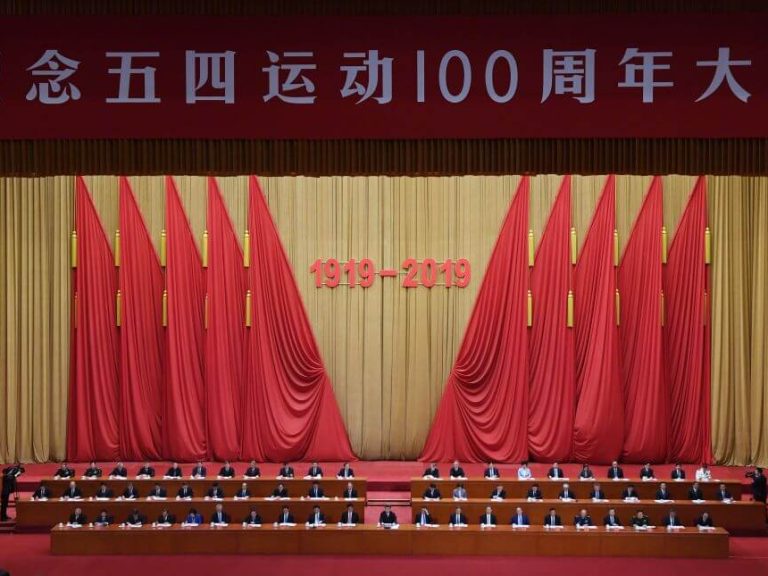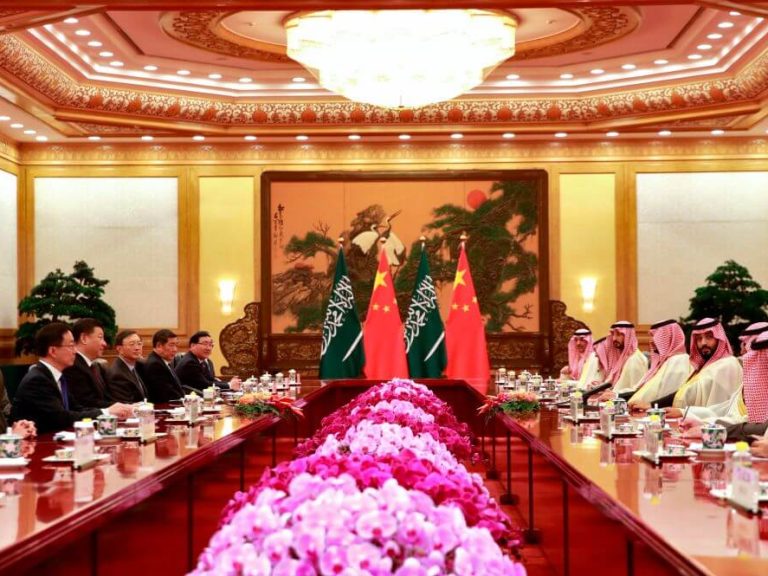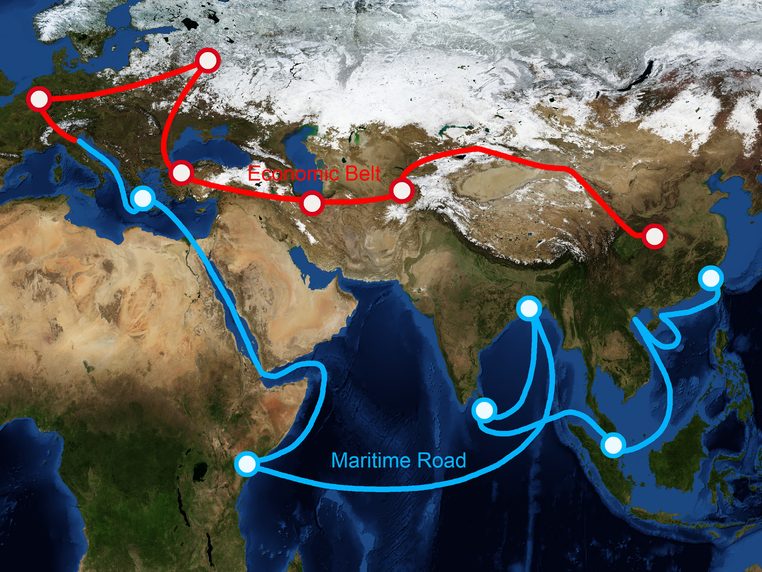recent report by Human Rights Watch (HRW) has brought to light the Chinese government’s expansion of its mosque crackdown operations into regions beyond Xinjiang, raising significant concerns about the perpetuation of policies that restrict religious freedom for Muslim minorities.
UN Body Rejects Discussion of Uyghur Muslims’ Persecution in Xinjiang
's highest human rights body voted on October 6 against a proposal from Britain, Turkey, the United States, and other predominantly Western nations to hold a debate on alleged human rights abuses against Muslim Uyghurs and other ethnic minorities in China's western Xinjiang province.
Xinjiang: The New Face of the Old Problem in China
o one can say the world is ignoring Xinjiang.
Taiwan Votes for Continuity of De Facto Sovereignty
Apart from its global impact, Taiwan's sustainable social and political life based on democratic ideals can be seen as a moral support for the people in the Chinese autonomous regions such as Hong Kong, Xinjiang, and Tibet, and some sections of the Chinese population with democratic tendencies in mainland China in general.
CPEC: China’s Gift to Pakistan Is Becoming Too Hot to Handle
In turn, the deep-sea, warm-water port of Gwadar, situated in Pakistan’s Balochistan province, near the Strait of Hormuz, offered China the closest access to sea from its landlocked easternmost province of Xinjiang.
Xi: A Study in Power
Read: Should We Give Up Our Digital Sovereignty to China or the US?
Brown assesses the topics with China at the forefront that have had ubiquitous media coverage around the world, such as the COVID-19 pandemic and its effects on Xi’s power, protests in Hong Kong, and the reports of the cruel human rights abuses taking place in the Xinjiang region.
Identified, Tracked, and Profiled: The Politics of Resisting Facial Recognition Technology
He lays out examples, in a penetrating frame, of where and how facial recognition is used that, in turn, provoke the reader to consider the extent of its harms when it is wrongfully used for policing and surveilling, such as monitoring the forced labor of Uyghur workers in the Xinjiang province of China, publicly shaming residents that commit petty jaywalking offenses, or prejudicially profiling an individual.
Power Politics and Moral Accountability
Abu Ghraib, Xinjiang, and Aleppo helped establish the pattern long before Kharkiv and Mariupol.
China vs Russia in Central Asia?
”Read: CSTO Mission in Kazakhstan Will Have Implications for Central AsiaThe SCO’s operation and China’s Central Asia policy should be seen within the framework of China’s domestic security and developmental concerns in Xinjiang, its region-specific interests in Central Asia, and its global foreign policy strategy for prevarication against impending U.
Are China and Russia Near a Full-Blown Alliance?
China and Russia are already operating on a model similar to that of the now-defunct Warsaw Treaty Organization.
The Search for a Third Way: The Non-Aligned Movement, G77, and NIEO
The efforts of Muslim countries to get together to defend their common interests and to stop genocidal massacres or the mass internment of Muslim minorities from Bosnia to Myanmar, and Kashmir to Xinjiang are yet another such example.
Jens Stoltenberg on the Rise of China: Is NATO Pivoting to the Indo-Pacific?
Beijing has invested in its cyberwarfare capabilities for a range of tasks that include espionage, election meddling, and the development of AI and facial recognition facilitate political persecution in Xinjiang and Hong Kong.
EU-China Trade Deal: Where Does the US Stand?
imposed sanctions against China's violation of human rights on the Uyghur Muslims in the Xinjiang region on March 22, 2021.
Will the United States Contain Russia or China, or Both?
Read: Diplomatic Expulsion: Resurgence of A Cold-War Era Norm?Washington and Beijing are at odds over influence in the Indo-Pacific region, China's economic practices, and human rights in Hong Kong and the Xinjiang region.
How Does China View the Muslim World?
Chinese people who once looked forward to wider freedom—like Hong Kong they often said—now see their future foreshadowed in the surveillance state of Xinjiang.
China’s Economic Interests in the GCC: Economic Gains over Politics
Some Uyghurs are suspected to be connected with the East Turkestan (Xinjiang) independence movement, which China brands a terrorist organization.
70 Years: China’s Celebrations Will Impress, But Challenges Remain of Global Concern
Highly publicized cases of the repressive measures taken in autonomous regions such as Hong Kong, Xinjiang and Tibet, and the tight controls effecting the daily lives of the general public in mainland China, which were exposed in the 2019 World Report on Human Rights are reflections of the ideological stand of the state.
China Caught Between Nationalism and Multiculturalism
Nevertheless, when China was in crisis, border regions such as Xinjiang, Inner Mongolia and Tibet, shaped the mindset of Chinese security decision makers.
The Rise of China in Saudi Arabia’s Foreign Policy
Apart from signing a number of economic agreements, MbS showed strong support with the Chinese administration in Beijing’s controversial policies in the Xinjiang region towards Uighur Muslims.
China’s Zouchuqu Policy and Turkey-Pakistan Economic Relations
Starting from China’s Xinjiang region and reaching the Gwadar coastal city of Pakistan’s Arabian Gulf exit, the line is one of the most important steps for China’s Belt and Road Initiative.
